-

Documents shed light on FBI’s investigation of The Village Voice and RCFP
An additional 57 pages of Federal Bureau of Investigation documents shed more light on the FBI’s 1976 investigation into The Village Voice and the Reporters Committee for Freedom of the Press regarding the publication of the classified and censored Pike Committee report. The documents reveal details of how the Bureau approaches espionage investigations of news outlets and journalism organizations.
-
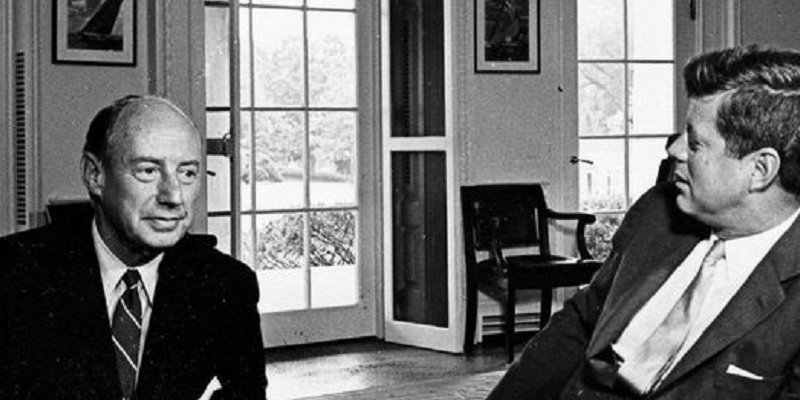
CIA file confirms the White House’s role in “The Adlai Stevenson Affair”
The details of the negotiations and planning surrounding the Cuban Missile Crisis have long been the subject of some contention for historians, with some of the most influential and enduring accounts contradicting what the tapes of those planning sessions tell us. Almost immediately after the Cuban Missile Crisis resolved, rumors began floating around Washington D.C. that the narrative that emerged was the handiwork of President John Fitzgerald Kennedy in an effort to force the resignation of Adlai Stevenson, Kennedy’s Ambassador to the United Nations. A Central Intelligence Agency chronology, originally classified SECRET and recently released to MuckRock, confirms that the architect of this historical revisionism was, in fact, Kennedy - and reveals that denials of this were based on nothing more than word games.
-
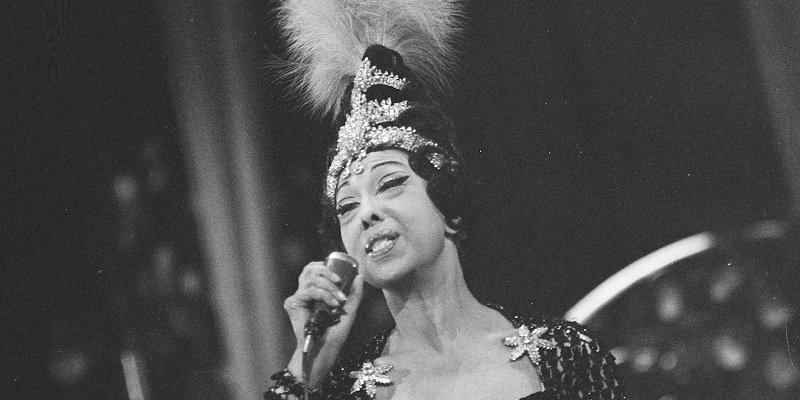
FBI file on Josephine Baker details plot to sabotage singer’s trip to Cuba
Beginning in the early ’50s, the Federal Bureau of Investigation began keeping what would become an extensive file on the singer and civil rights activist Josephine Baker, tracking with great interest her comments in the international press critical of racial discrimination in the U.S. Though the Bureau never formally opened an investigation into Baker, it fielded several requests from the Immigration and Naturalization Service to collect derogatory information that would help make the case for denying her a visa and barring her entry to the country.
-
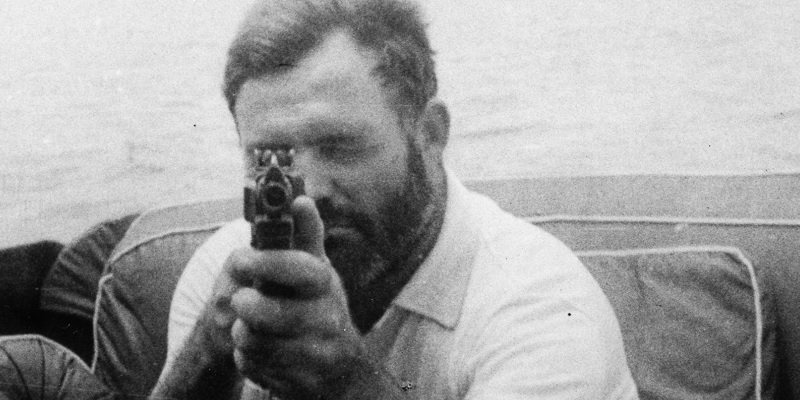
Ernest Hemingway’s death significantly improved his relationship with the FBI
As we’ve written about before, Ernest Hemingway’s relationship with the Federal Bureau of Investigation would charitably be described as “strained.” Hemingway would tell anybody who’d listen that he thought the Bureau were a bunch of Nazi mediocrities, and the FBI in turn dismissed Hemingway as a drunken phony. As his file shows, however, all of that changed when Hemingway finally did something the Bureau agreed with: he died.
-
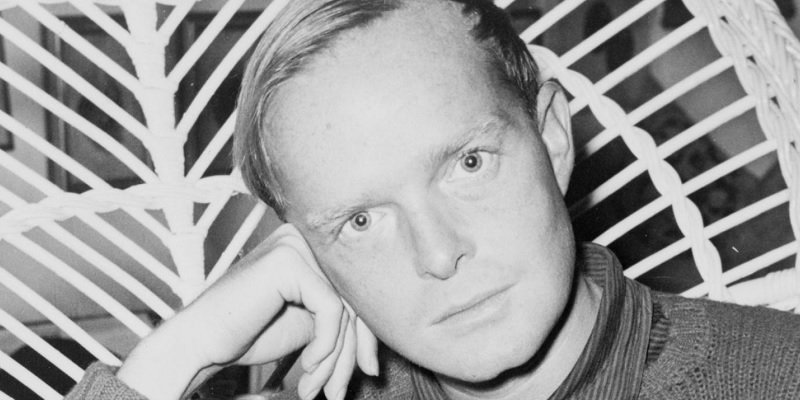
FBI’s interest in Truman Capote was limited to his support for Cuba
The Federal Bureau of Investigation never conducted an investigation focused on acclaimed author Truman Capote, who was at work on his classic In Cold Blood when his name first appeared in the Bureau’s files. Though the agency declined to look into direct requests related to the writer’s safety and reputation, his file nevertheless stretches over 100 pages, in no small part because he was among those who supported, for a time, the Fair Play for Cuba Committee.
-

The CIA assets that worked for Castro - and assassinated a Panamanian president
Panama has a long history of coups and interventions involving the United States that go back to the establishment of the Panama Canal, some of which resulted in pro-U.S. governments, while other seemed to benefit Communist groups. Documents show that the confessed assassin of Panamanian President José Antonio Remón Cantera was a Central Intelligence Agency asset, and that at least one other CIA asset was on the scene and arrested at the time of the assassination in 1955. Both also share ties to the Cuban community, as well as vague connections to the JFK assassination - and one of them may have also been involved in a plot to kidnap and/or assassinate Vice President Spiro Agnew and CIA Director Richard Helms.
-
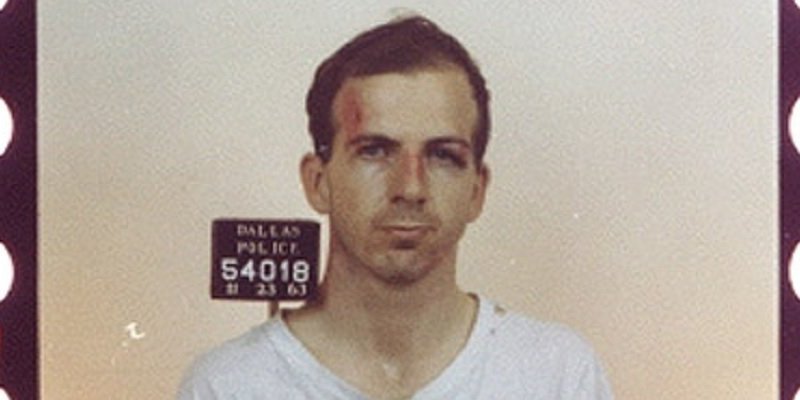
No, CIA’s counterintelligence chief didn’t mastermind a JFK assassination cover-up weeks in advance
In the 2008 epilogue to his book Oswald and the CIA, John Newman begins with a relatively simple fact and ends with a conclusion that not only reaches far beyond the evidence - it contradicts it. While it’s reasonable to point out the Central Intelligence Agency’s determination to avoid being dragged into World War III by the suspicion Lee Harvey Oswald was working for the Russians, it’s quite unreasonable to use this as evidence of a massive cover-up premeditated weeks in advance by none other than CIA counterintelligence chief James Angleton.
-
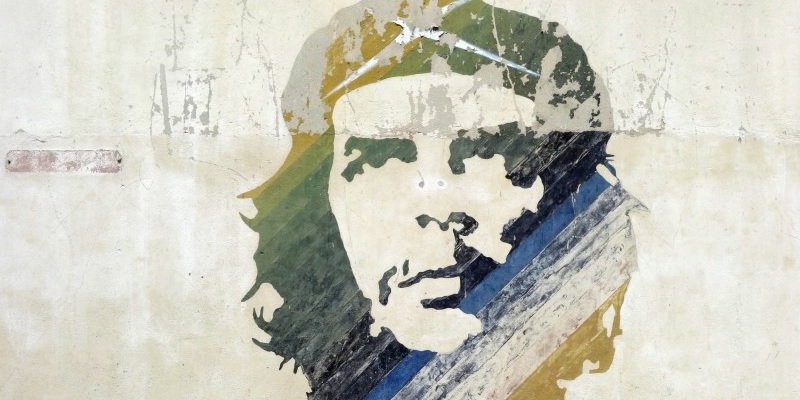
Che Guevara records in CIA’s archives are still heavily redacted 50 years later
A half a century after the death of longtime Central Intelligence Agency communist target Che Guevara, gaps in the Agency’s holdings remain restricted.
-
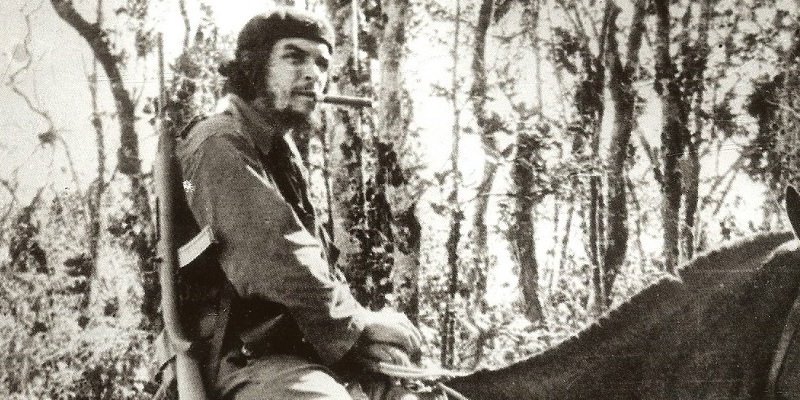
Read the Pentagon’s report on Che Guevara’s death
On October 9, 1967, 50 years ago today, Ernesto “Che” Guevara died in Bolivian captivity. However, a report located in the Central Intelligence Agency’s declassified archives by Emma Best shows that it wasn’t until four years later that the Pentagon finally got what was allegedly a first-hand account of what happened, and even then the details were sketchy.
-

Five times CIA read Playboy for the articles
Playboy magazine was founded just a few years after Central Intelligence Agency, and together, those two institutions left their mark on the 20th century, for better and for much, much worse. To mark Hugh Hefner’s passing, we dug up those times those two overlapped in the Agency’s declassified archives.